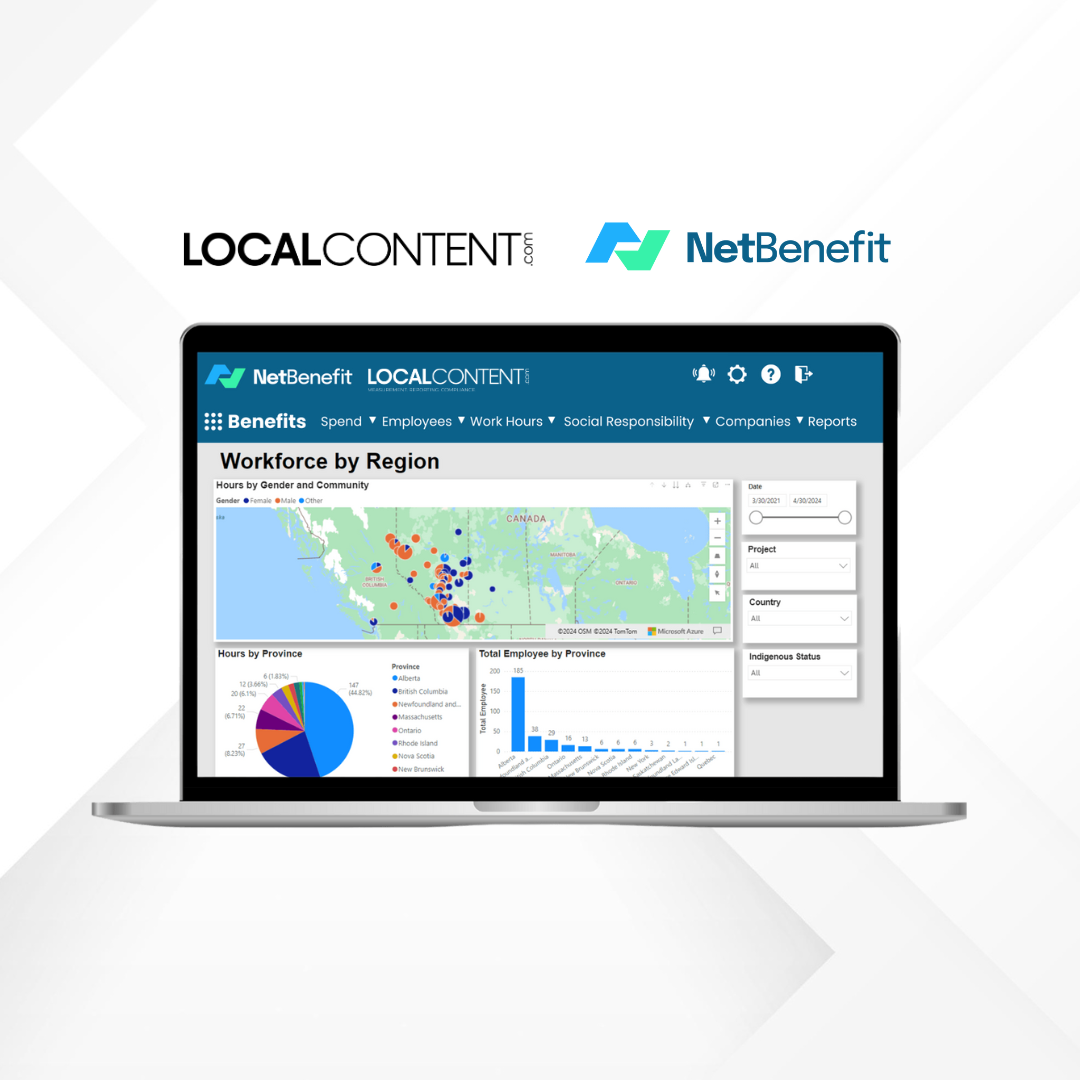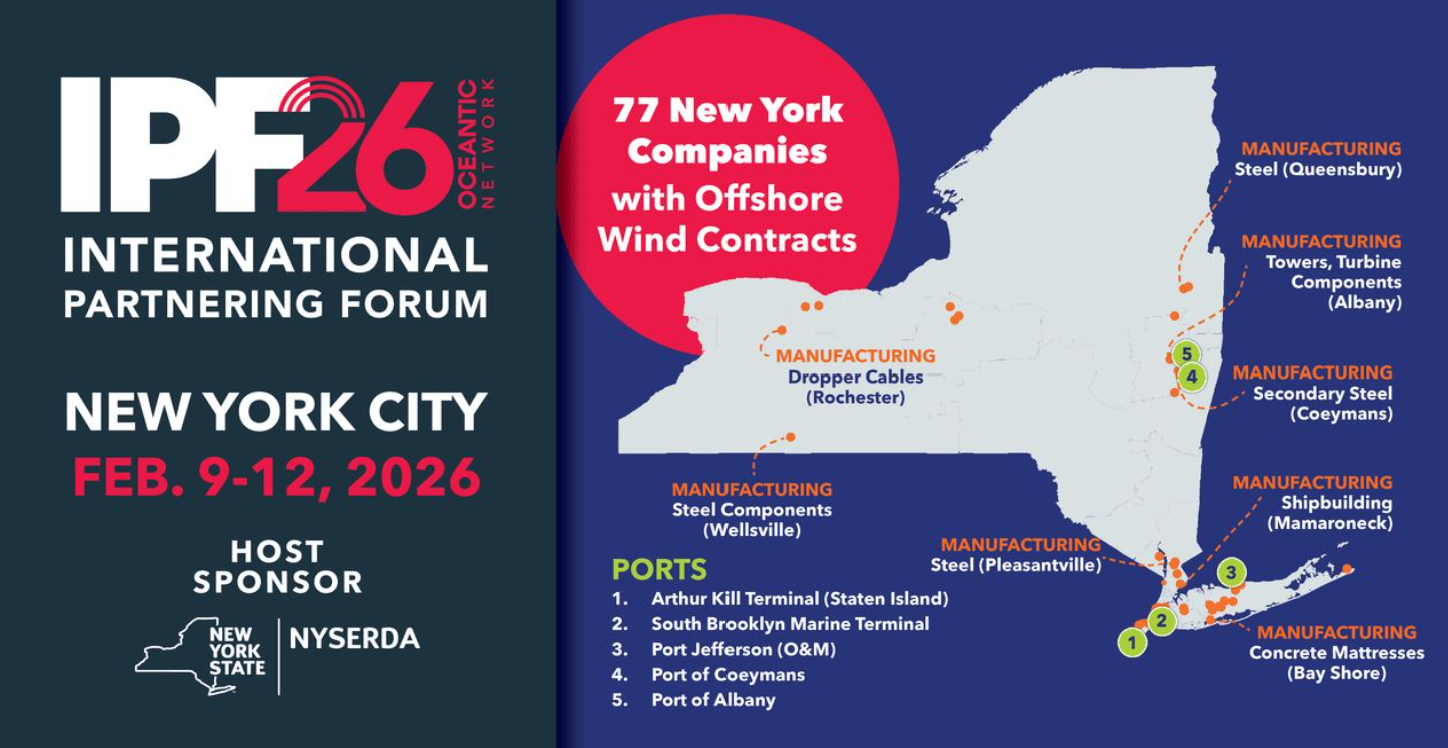The Buy American, Hire American Executive Order (EO 13788), signed by President Donald Trump on April 18, 2017, aimed to strengthen domestic industries and protect U.S. workers by prioritizing American-made goods and tightening employment regulations for foreign workers.
Financial Impact and Key Allocations
EO 13788 reinforced existing Buy American laws, ensuring federal agencies prioritize U.S.-made goods in procurement. Key areas affected include:
- Federal Contracts: Increased domestic sourcing requirements for government-funded projects
- Manufacturing: Boosted demand for U.S.-produced iron, steel, and construction materials
- Employment Regulations: Tightened oversight of H-1B visa programs to prioritize American workers
Local and Domestic Content Framework
The executive order mandated stricter enforcement of Buy American provisions, requiring federal agencies to:
- Minimize waivers for foreign-sourced goods
- Ensure iron and steel used in federal projects are fully U.S.-produced
- Review visa programs to prevent displacement of American workers
- Supply Chain and Economic Development
EO 13788 strengthened domestic supply chains by increasing demand for U.S.-manufactured goods in federally funded projects. This benefited industries such as construction, defense, and infrastructure, reducing reliance on foreign imports. - Workforce Development
The Hire American component focused on protecting U.S. workers by reviewing visa programs, particularly H-1B visas, to ensure jobs were filled by American workers first. The order sought to increase wages and employment rates by limiting the use of foreign labor in industries where domestic workers were available. - Community Benefit Investments
By prioritizing domestic production, EO 13788 aimed to support local economies and create job opportunities in manufacturing and infrastructure sectors. The policy encouraged investment in American businesses, ensuring federal spending benefited U.S. communities. - Stakeholder Engagement
The order required federal agencies, businesses, and labor organizations to collaborate on policy enforcement and workforce protections. Agencies were directed to assess the impact of trade agreements on domestic procurement and propose strategies to strengthen Buy American compliance.










